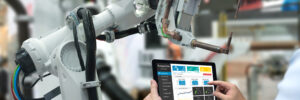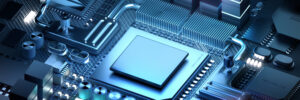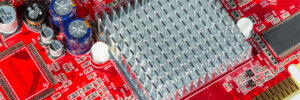
If you are still relying on compressed air or air conditioning to keep your systems safe, it could be costing your business both in terms of production quality and energy consumption. Advanced cooling methods such as heat pipes and heat exchangers provide reliable protection from the heat, helping you to achieve stable system performance. So,… Read more »













